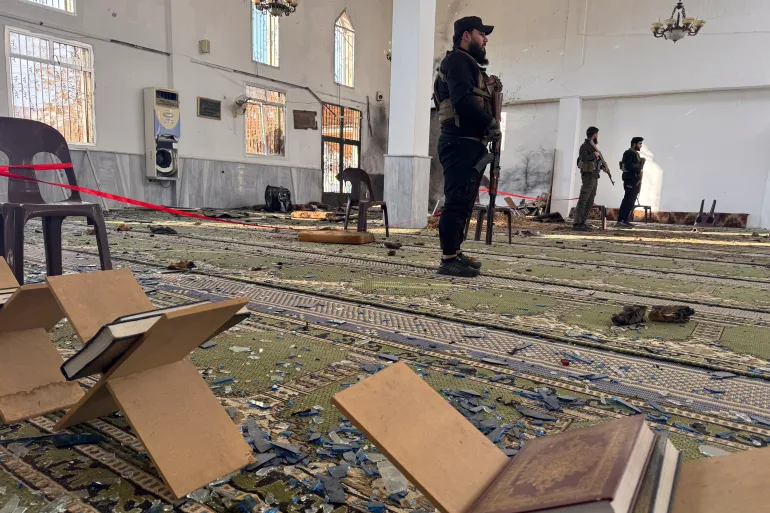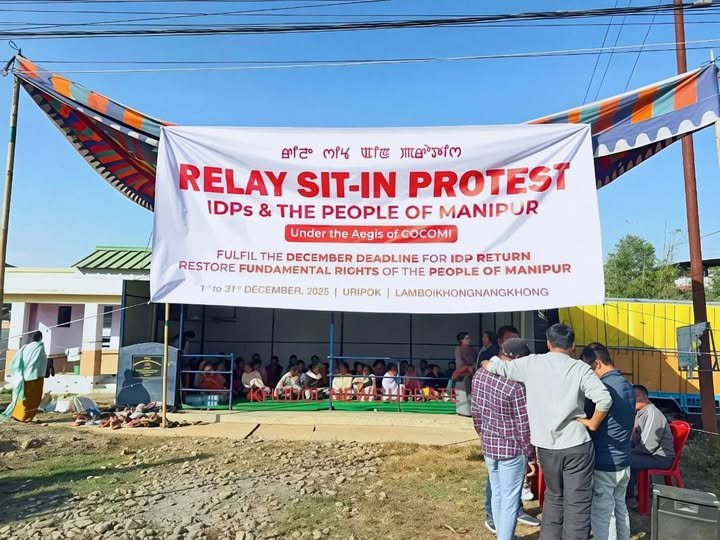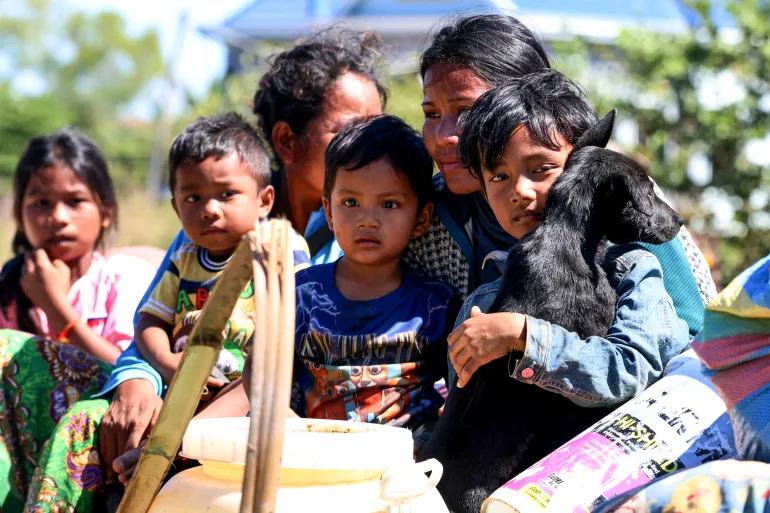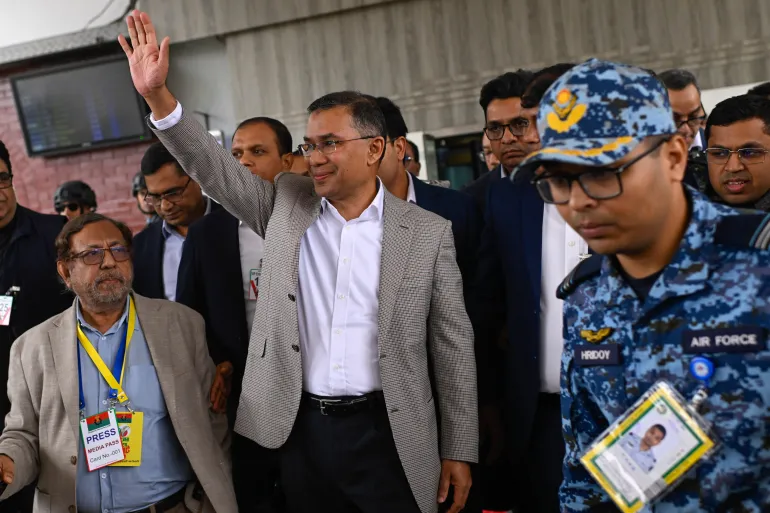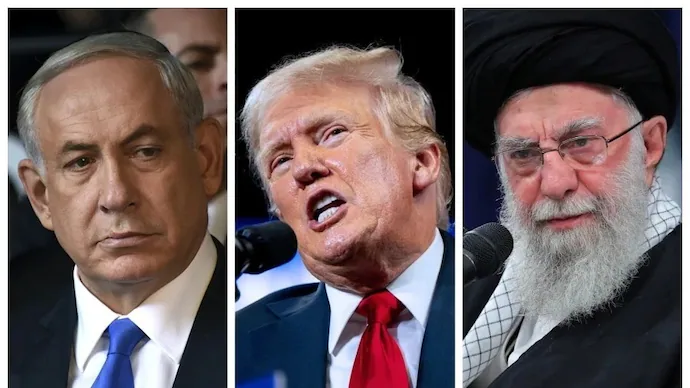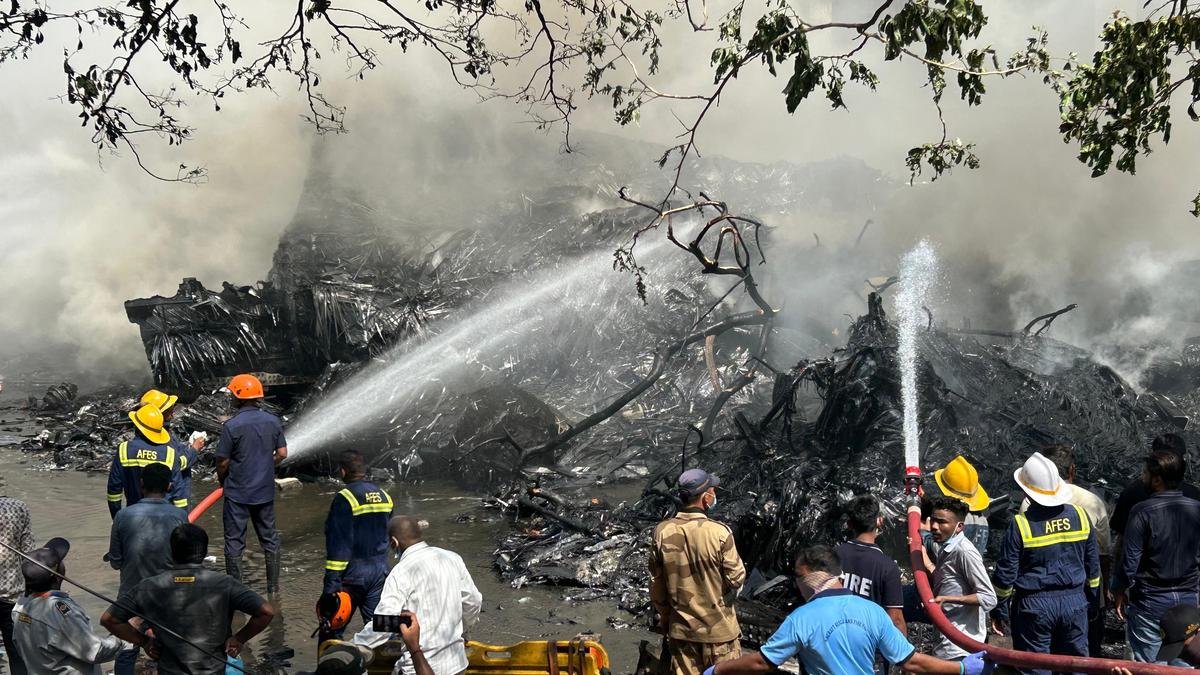Iran and Israel Agree to Conditional Ceasefire: A Fragile Pause Amid Rising Humanitarian Catastrophe
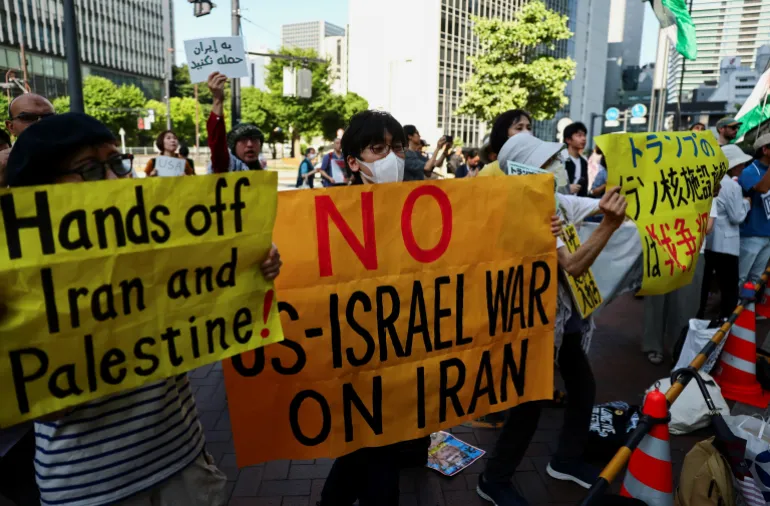
In a dramatic turn after nearly two weeks of relentless missile exchanges and aerial bombardments, Iran and Israel have agreed to a conditional ceasefire, pausing what many feared could become an all-out regional war. The truce, brokered with the mediation of the United States and Qatar, came into effect on June 24, 2025, and has since held tenuously—offering a sliver of hope to millions caught in the crossfire.
The latest escalation began with a sharp intensification of hostilities following Iran’s deployment of its Khorramshahr-4 ballistic missiles, which struck Israeli cities and key military installations, inflicting significant civilian and infrastructural damage. In response, Israel launched a barrage of retaliatory airstrikes targeting Iranian nuclear facilities, missile sites, and allied militias in Syria and Iraq. The fighting pushed both nations to the brink, prompting urgent calls for restraint from global powers. so named because it hinges on each side halting offensive operations but allows limited “defensive” measures—was hailed internationally as a crucial, if imperfect, breakthrough. Israeli Prime Minister Benjamin Netanyahu declared it a “strategic success,” arguing that Iran’s nuclear and missile capabilities had been severely degraded. Meanwhile, Iran’s Supreme Leader Ayatollah Khamenei framed the agreement as proof of Iran’s resilience and a demonstration of its ability to project power deep into Israeli territory.
Yet beneath the fragile calm, tensions remain dangerously unresolved. Sporadic clashes have continued along Israel’s northern border with Lebanon, where Hezbollah fighters—backed by Iran—exchanged fire with Israeli forces. At least 29 people were reported killed in renewed Israeli strikes on Gaza just days after the ceasefire began, raising questions about the agreement’s durability and Israel’s ongoing military objectives.
Most alarming is the mounting humanitarian catastrophe unfolding in Gaza and parts of southern Lebanon. Israeli airstrikes during the peak of the conflict damaged or destroyed dozens of hospitals, clinics, and residential buildings. Aid agencies report shortages of medical supplies, food, and clean water as border crossings remain either closed or heavily restricted. According to UN estimates, over 300 civilians have been killed since the conflict flared, with thousands more injured—many of them children.
The UN has announced plans to deploy monitors to oversee adherence to the ceasefire and assess humanitarian needs, but logistical and security challenges remain immense. The closure of key crossings, especially Israel’s northern Erez crossing into Gaza, has left humanitarian convoys stranded, deepening fears of famine in the enclave. UN Secretary-General António Guterres called the situation “a humanitarian emergency that requires immediate, unfettered access for aid organizations.”
Meanwhile, the political ramifications of the ceasefire are just beginning to unfold. Iran’s parliament has moved to suspend cooperation with the International Atomic Energy Agency (IAEA), effectively ending international inspections of its nuclear program—a decision that could reignite nuclear tensions if left unaddressed. Israel, on the other hand, insists it will resume strikes if it detects renewed Iranian arms shipments or missile launches.
International reactions have been mixed: the United States has cautiously welcomed the truce but warned that without a broader agreement addressing Iran’s nuclear activities and Israel’s security concerns, the region could again descend into war. European leaders have renewed calls for comprehensive negotiations, while Russia and China have criticized what they describe as unilateral Israeli actions that undermined stability during the fighting.
The conditional ceasefire represents a desperately needed pause that has saved countless lives—yet it is also a fragile, temporary measure. Without urgent progress on humanitarian access, nuclear oversight, and regional diplomacy, the lull risks becoming only a prelude to even greater violence. The coming weeks will test whether this moment can be transformed into a path toward lasting peace—or whether it will mark only another brief pause in a cycle of conflict that has already claimed too many lives.
The latest escalation began with a sharp intensification of hostilities following Iran’s deployment of its Khorramshahr-4 ballistic missiles, which struck Israeli cities and key military installations, inflicting significant civilian and infrastructural damage. In response, Israel launched a barrage of retaliatory airstrikes targeting Iranian nuclear facilities, missile sites, and allied militias in Syria and Iraq. The fighting pushed both nations to the brink, prompting urgent calls for restraint from global powers. so named because it hinges on each side halting offensive operations but allows limited “defensive” measures—was hailed internationally as a crucial, if imperfect, breakthrough. Israeli Prime Minister Benjamin Netanyahu declared it a “strategic success,” arguing that Iran’s nuclear and missile capabilities had been severely degraded. Meanwhile, Iran’s Supreme Leader Ayatollah Khamenei framed the agreement as proof of Iran’s resilience and a demonstration of its ability to project power deep into Israeli territory.
Yet beneath the fragile calm, tensions remain dangerously unresolved. Sporadic clashes have continued along Israel’s northern border with Lebanon, where Hezbollah fighters—backed by Iran—exchanged fire with Israeli forces. At least 29 people were reported killed in renewed Israeli strikes on Gaza just days after the ceasefire began, raising questions about the agreement’s durability and Israel’s ongoing military objectives.
Most alarming is the mounting humanitarian catastrophe unfolding in Gaza and parts of southern Lebanon. Israeli airstrikes during the peak of the conflict damaged or destroyed dozens of hospitals, clinics, and residential buildings. Aid agencies report shortages of medical supplies, food, and clean water as border crossings remain either closed or heavily restricted. According to UN estimates, over 300 civilians have been killed since the conflict flared, with thousands more injured—many of them children.
The UN has announced plans to deploy monitors to oversee adherence to the ceasefire and assess humanitarian needs, but logistical and security challenges remain immense. The closure of key crossings, especially Israel’s northern Erez crossing into Gaza, has left humanitarian convoys stranded, deepening fears of famine in the enclave. UN Secretary-General António Guterres called the situation “a humanitarian emergency that requires immediate, unfettered access for aid organizations.”
Meanwhile, the political ramifications of the ceasefire are just beginning to unfold. Iran’s parliament has moved to suspend cooperation with the International Atomic Energy Agency (IAEA), effectively ending international inspections of its nuclear program—a decision that could reignite nuclear tensions if left unaddressed. Israel, on the other hand, insists it will resume strikes if it detects renewed Iranian arms shipments or missile launches.
International reactions have been mixed: the United States has cautiously welcomed the truce but warned that without a broader agreement addressing Iran’s nuclear activities and Israel’s security concerns, the region could again descend into war. European leaders have renewed calls for comprehensive negotiations, while Russia and China have criticized what they describe as unilateral Israeli actions that undermined stability during the fighting.
The conditional ceasefire represents a desperately needed pause that has saved countless lives—yet it is also a fragile, temporary measure. Without urgent progress on humanitarian access, nuclear oversight, and regional diplomacy, the lull risks becoming only a prelude to even greater violence. The coming weeks will test whether this moment can be transformed into a path toward lasting peace—or whether it will mark only another brief pause in a cycle of conflict that has already claimed too many lives.
